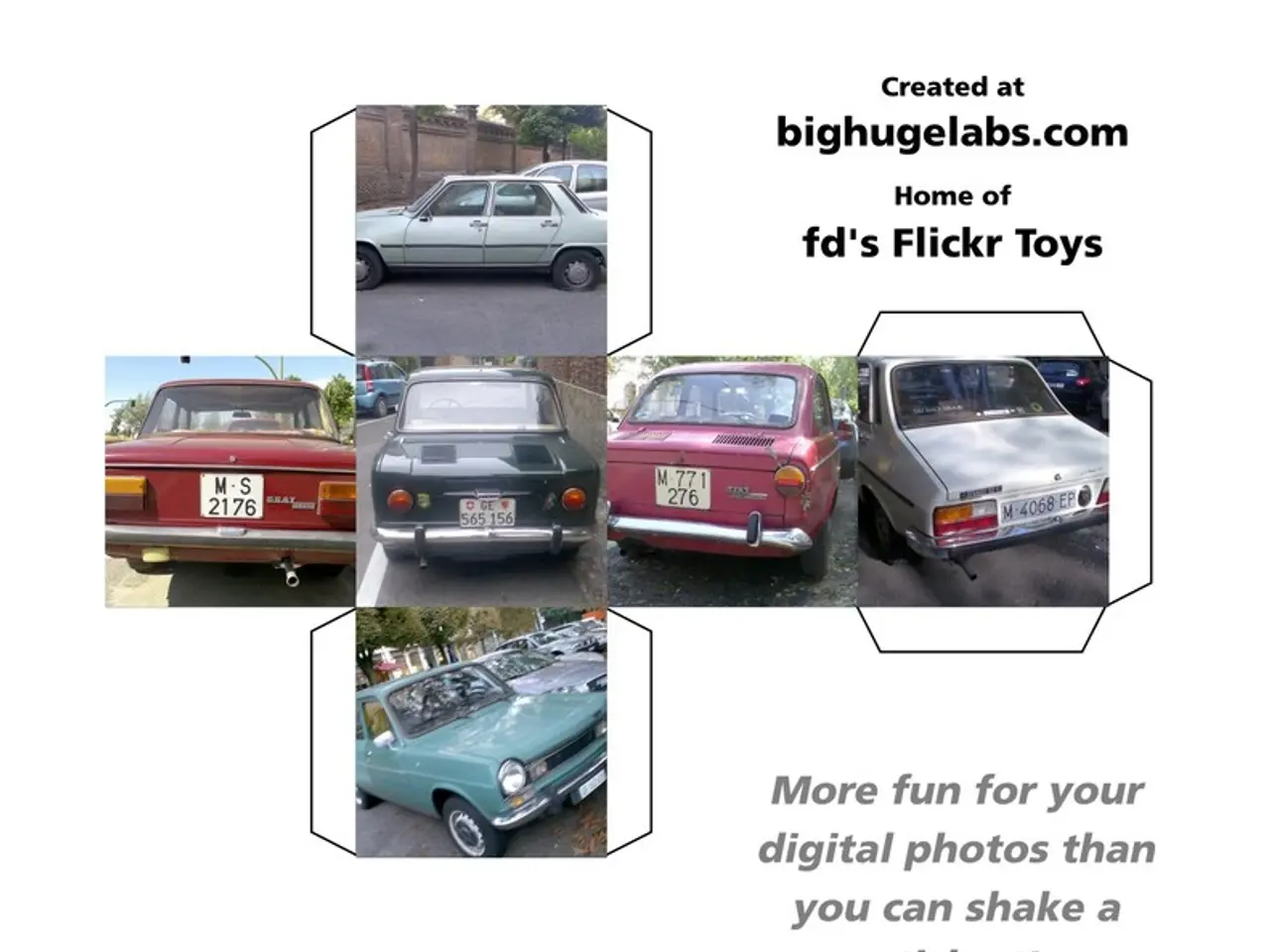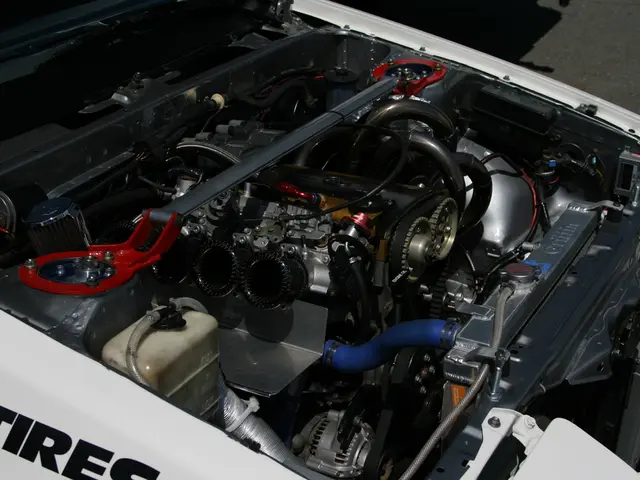Europe's sustainable and economically viable transportation relies on a durable green industrial agreement that equally benefits corporations and locals, as outlined in an editorial for August 2024.
The automotive supply industry is investing heavily in climate neutrality, but the financial burden falls largely on the going business, making it increasingly challenging as margins erode. This is according to recent developments in the sector.
Ursula von der Leyen, the candidate for President of the Commission, has promised to implement the European Green Deal in a fair and pragmatic way, focusing on implementation and investment to achieve climate goals. Her plans include a "Clean Industrial Deal" and a focus on bringing the electricity cost down within the first 100 days of her term.
The next European Commission, under von der Leyen, has positive emerging priorities. Achieving the goal of climate-neutrality in transport will require a massive effort by industry, politics, and consumers alike and will necessitate improving the framework conditions for alternative fuel vehicles.
To de-risk the industrialisation of innovative automotive technologies, the EU funding landscape needs to be streamlined. This could be achieved through an EU funding instrument that matches support in other regions. The "Political Guidelines For The Next European Commission 2024−2029" include a "2035 climate-neutrality target for cars", which requires a "technology-neutral approach" and a role for e-fuels.
Consolidating and coordinating various fora will be key to ensuring a "technology-open" approach for reaching the 2035 target for vehicles. Electrification needs to be made a success and complemented by all other technologies that effectively reduce emissions.
An EU competition fund or similarly named instrument is needed to help fund the transformation of existing production sites and the re-skilling of the existing workforce, securing a just transition. A third of the industry's annual €30 billion R&D budget is allocated to eMobility.
Policymakers can reduce the regulatory burden by simplifying reporting requirements, improving regulatory coherence, and implementing methods that consider the combined emissions reduction potential of electricity and fuels in a well-to-wheel (WtW) or life-cycle analysis (LCA) approach. This includes enhancing charging and refuelling infrastructure, ensuring the availability of affordable green electricity and fuels including hydrogen and renewable fuels, expanding grid capacity, and securing competitive access to raw materials and battery cells.
Swift and decisive action is needed for establishing and developing the foundation that our future industry will stand on. The speed of global competition and shifting political landscapes necessitate immediate action for the development of our future industry. The green transition requires funding for the transformation of existing production sites and the re-skilling of the existing workforce, ensuring a just transition.
In conclusion, the European Commission is taking steps towards a climate-neutral automotive industry by 2035. The focus is on a technology-neutral approach, consolidating and coordinating various fora, reducing regulatory burden, and ensuring funding for the transformation of the industry. The next European Commission, under Ursula von der Leyen, has positive emerging priorities, and it is now the task for her and her team to drive ambition to action.
Read also:
- Exploring Harry Potter's Lineage: Decoding the Enigma of His Half-Blood Ancestry
- Elon Musk Acquires 26,400 Megawatt Gas Turbines for Powering His AI Project, Overlooks Necessary Permits for Operation!
- U Power's strategic collaborator UNEX EV has inked a Letter of Intent with Didi Mobility to deploy UOTTA(TM) battery-swapping electric vehicles in Mexico.
- Commercial-grade hydrogen enhancement systems manufacturing initiated by H2i Technology








